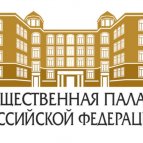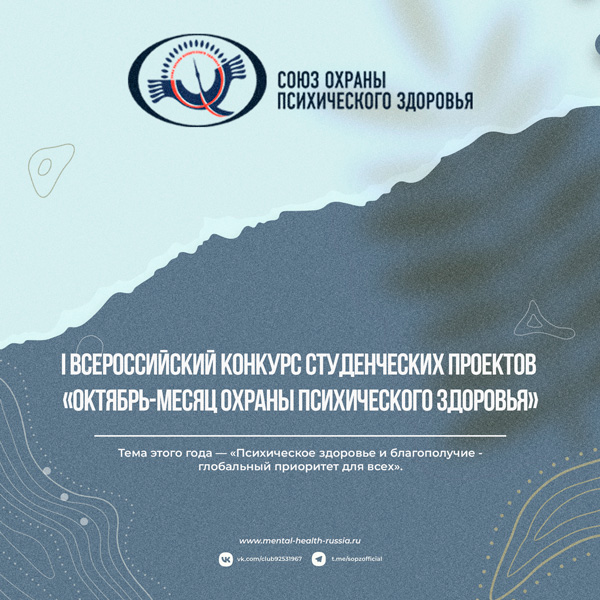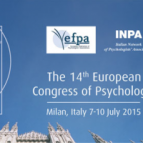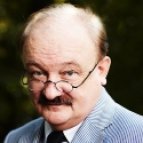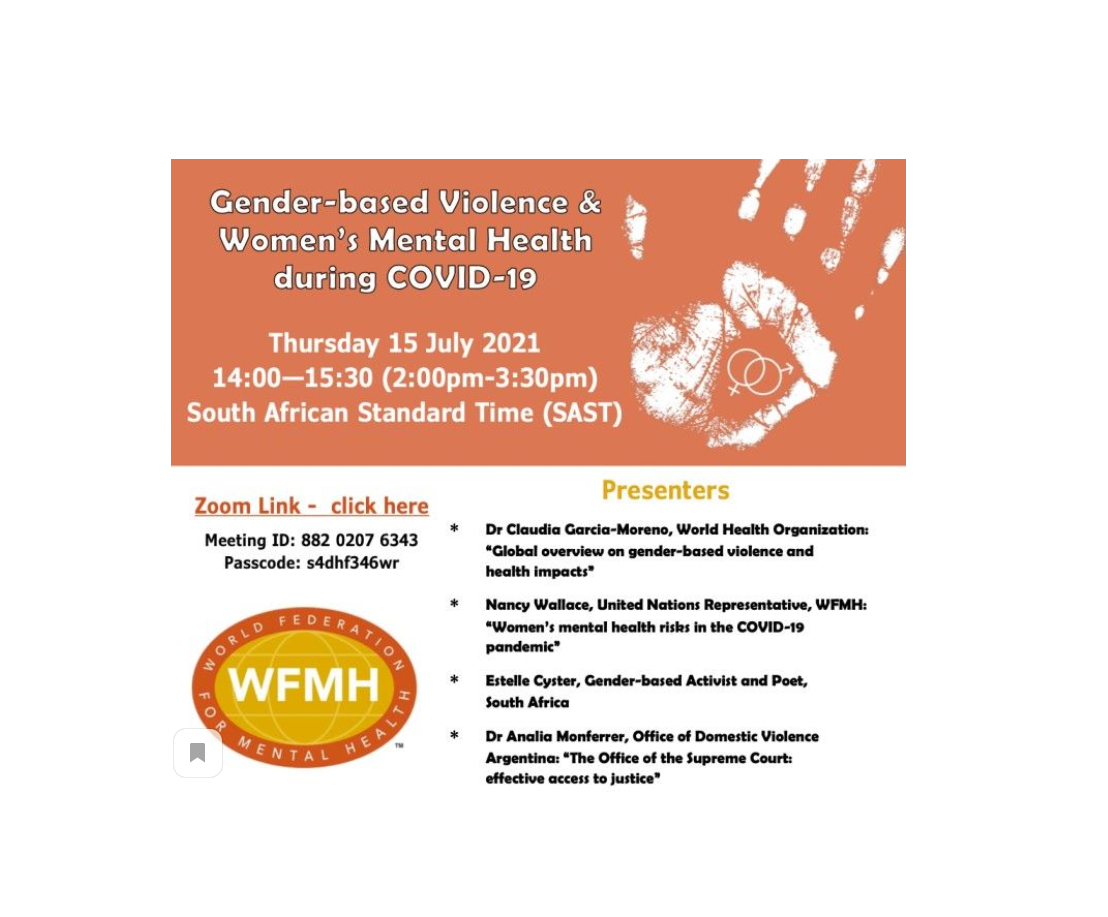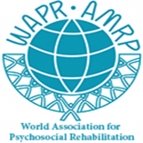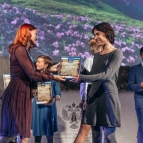MENTAL HEALTH AND SPORT
The SportAccord, a not-for profit global sport business event organization, has scheduled the special session “Mental Health and Sport” to discuss the importance of sport for maintenance mental health and well-being under the SportAccord World Sport & Business Summit to be held on May 15-20, 2022, in Ekaterinburg (Russia).
“In recent decades, populations, and especially young people, throughout the world have been facing an escalation of serious problems, including obesity; unhealthy diet; risky behavior associated with unprotected sex, early pregnancy, smoking and drug use; increased depression; and lack of motivation for a healthy lifestyle among children and adolescents. This situation has been ascribed to a lack of physical activity[1]. Physical activity and sport have been shown to be necessary for mental functioning, including maintenance of cognitive and metabolic body functions; reduction of the risk of obesity; improvement of physical health in terms of bone mineralization, digestion, intestinal rhythm regulation; reduction of mental challenges like the risk of depression and stress and associated improvement of sleep quality; and increase in self-esteem and quality of life in general[2]. In total, physical activity is an essential element of a healthy body, mind, and lifestyle and is highly recommended for the prevention and treatment of mental illnesses[3]”, – from the online III Congress on Mental Health: Meeting the Needs of the XXI Century – CHILDREN, SOCIETY, AND FUTURE organized by the Union for Mental Health (October 8-10, 2021, Moscow, Russia)
More: https://www.sportaccord.sport/wsbs-2022
[1] TAFISA Mission “For a Better World Through Sport for All”. Adopted by the TAFISA General Assembly in Seoul, Korea, November 16th, 2017
[2] EU Physical Activity Guidelines “Recommended Policy Actions in Support of Health-Enhancing Physical Activity”. Approved by the EU Working Group “Sport & Health” at its meeting on 25 September 2008. Confirmed by EU Member State Sport Ministers at their meeting in Biarritz on 27-28 November 2008/ http://ec.europa.eu/assets/eac/sport/library/policy_documents/eu-physical-activity-guidelines-2008_en.pdf
[3] Stuart Biddle. Institute of Sport, Exercise & Active Living, Victoria University, Melbourne, Australia/ Translate by: Murashko A. (Moscow), ed. Candidate of Medical Sciences Potanin S. (Moscow)//World Psychiatry 2016; 15: 176-177

